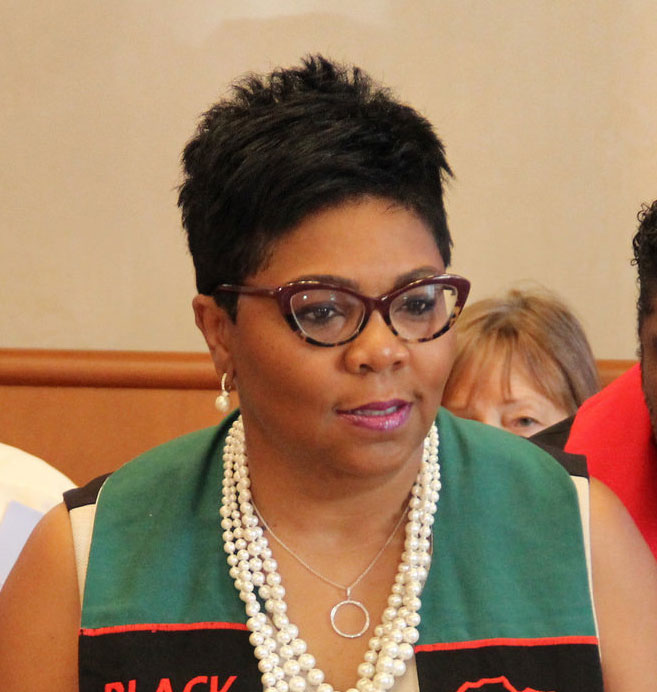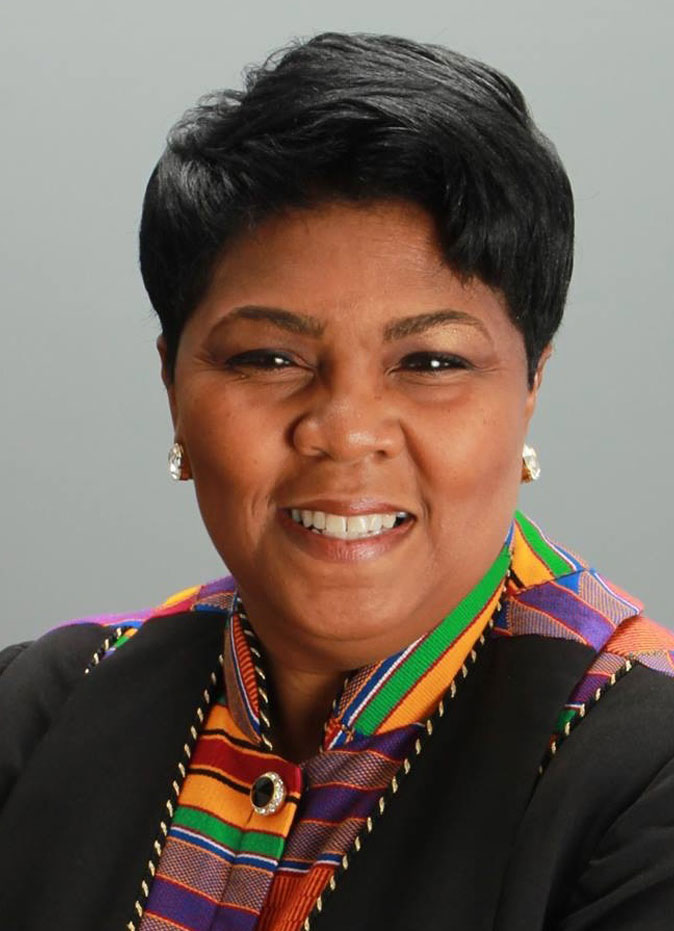Commentary: Our State of Mass Incarceration
 When his master heard the story his wife told him, saying, “This is how your slave treated me,” he burned with anger. Joseph’s master took him and put him in prison, the place where the king’s prisoners were confined. – Genesis 39:19-20
When his master heard the story his wife told him, saying, “This is how your slave treated me,” he burned with anger. Joseph’s master took him and put him in prison, the place where the king’s prisoners were confined. – Genesis 39:19-20
Over the last couple of weeks I have engaged in civil disobedience in the Senate building on Capitol Hill while speaking out in opposition to the proposed revisions to our nation’s health care laws. Ironically, the offense, on both occasions, was a refusal to cease public prayer in a federal building. I was not chanting, or trespassing, or even engaging in any direct confrontation of a senator or staff member. I was praying and pleading publicly for compassion to prevail.
For this offense, I was arrested and taken to a holding cell for processing by Capitol police.
In both cases, I consulted legal counsel prior to my arrest, knew the likely outcome of my actions, was prepared to pay the fine or post bail, and was as sure as anyone can be when arrested that I would be released within a reasonable time. For a few hours, my time was not my own and my agency was restricted. I was inconvenienced and uncomfortable, a small price to pay for social protest. I was not harmed.
I also was acutely aware that my decision to be arrested would garner more press coverage than a routine arrest, and the majority of those normally arrested would not be home in time for a late night dinner. Some would stay overnight. Some would stay for months. Some would stay for years. And some would die in a cage.
It would be comforting to believe that the majority of people in prison deserve to be there. It would be comforting, but it would be untrue. Nationally, over 60 percent of people in jail have not been convicted of the crime with which they have been charged. Black and brown people are disproportionately incarcerated, and in New York alone 85 percent of detainees cannot afford to post bail, even when the bail is less than $500. Inequity abounds in both race and class, and where there is inequity there is injustice.
I am reminded of Joseph who, like Jesus, was unjustly jailed on false charges by leaders with ulterior motives. What might be the motive behind our ever increasing prison population? Why is half of the world’s inmate population caged in U.S. prisons? Who benefits from mass incarceration and what is the goal? Is the goal of incarceration retribution or rehabilitation? Do we cage human beings for protection or profit? Are we a better nation as a result of mass incarceration?
Local government expenditures for jails in this country total $22 billion dollars annually and studies show we are no safer for having paid the price. What might be the human, psychological, and spiritual costs of incarceration on our humanity?
These are the questions of a civilized society. These are the questions of the church. For incarceration for your state, visit prisonpolicy.org/global/2016.html and then raise your voice.
Traci Blackmon is Executive Minister for Justice and Witness Ministries of the United Church of Christ.
View this and other columns on the UCC’s Witness for Justice page.
Donate to support Witness for Justice through the Neighbors in Need offering.
Click here to download the bulletin insert.
Related News
Demystifying the Stigma of Mental Illness
Like many others, I come from a family system that placed taboos on speaking publicly about...
Read MoreStaying Grounded in Tumultuous Times
For years I have referred to myself as a peace-loving hippie-type pacifist who believes that...
Read MoreVision and Reality
In 1215, at Runnymede in England, King John signed the Magna Carta. The mythos surrounding...
Read More
